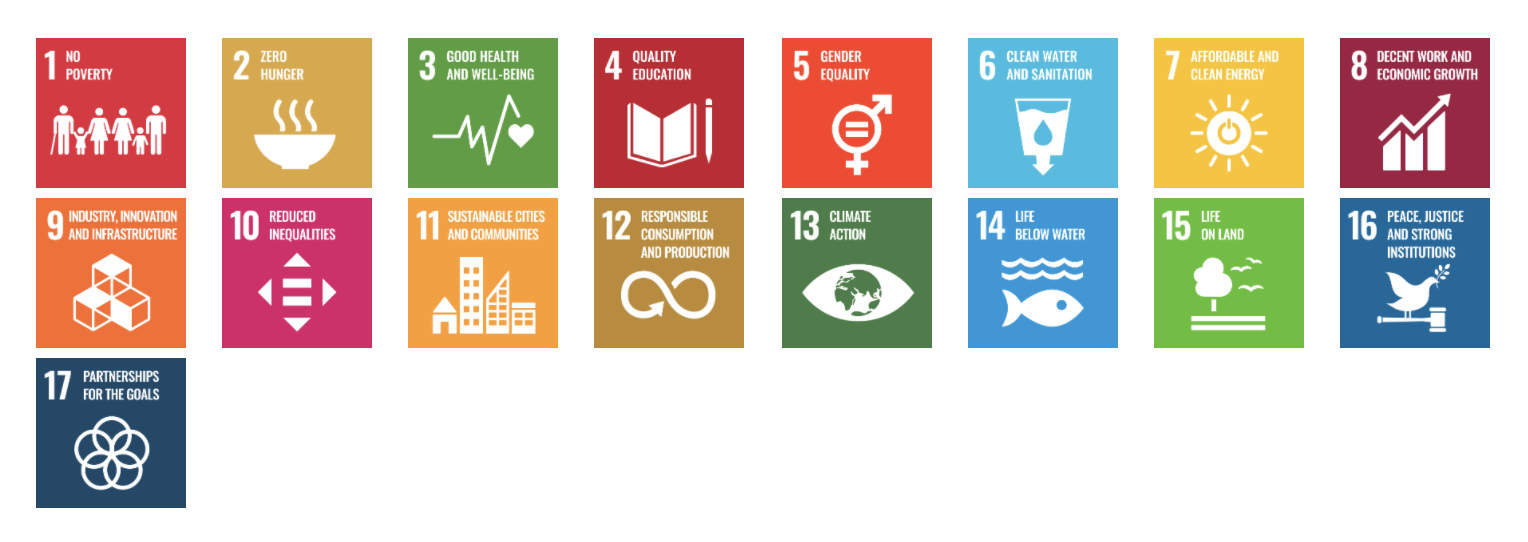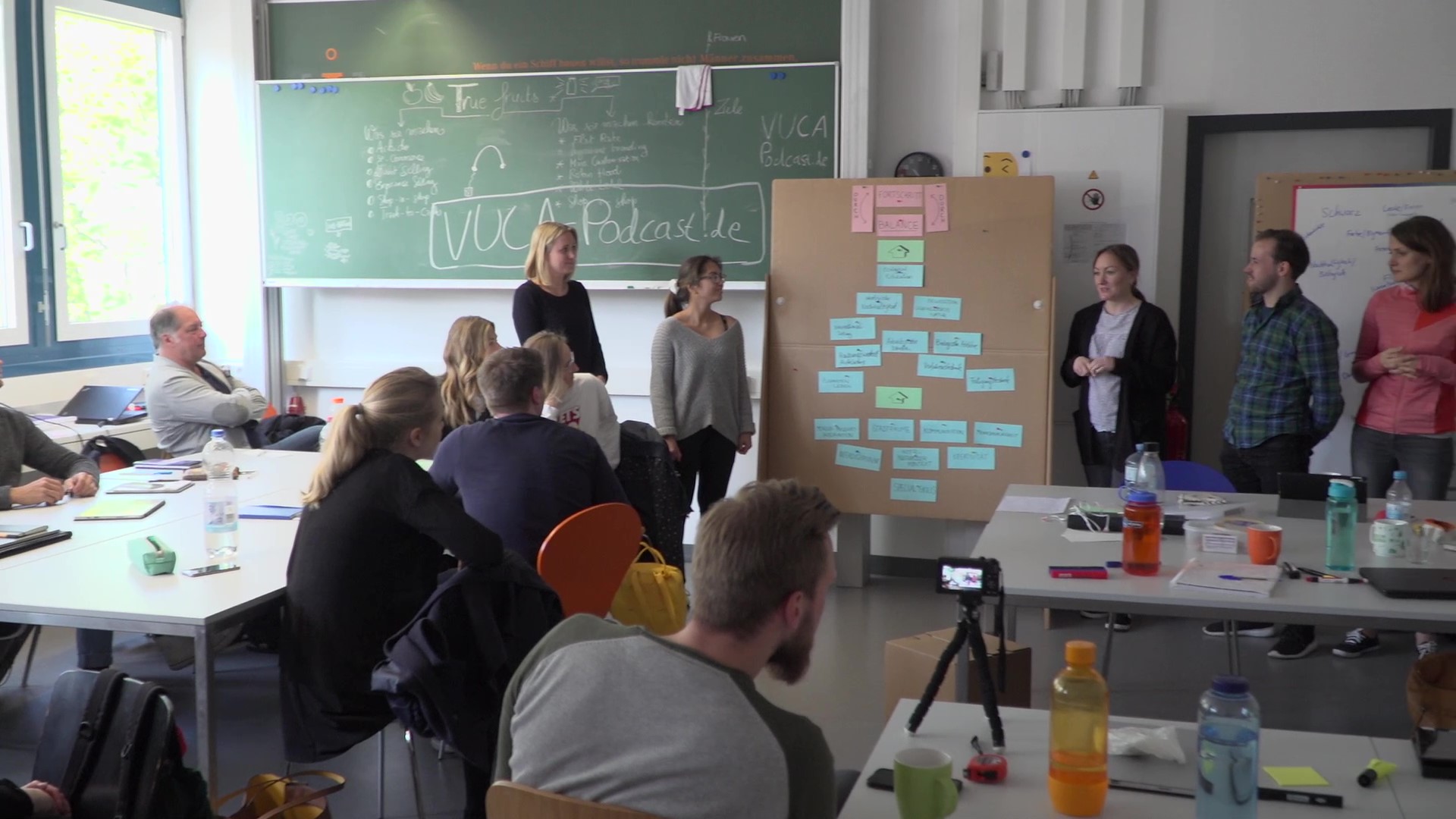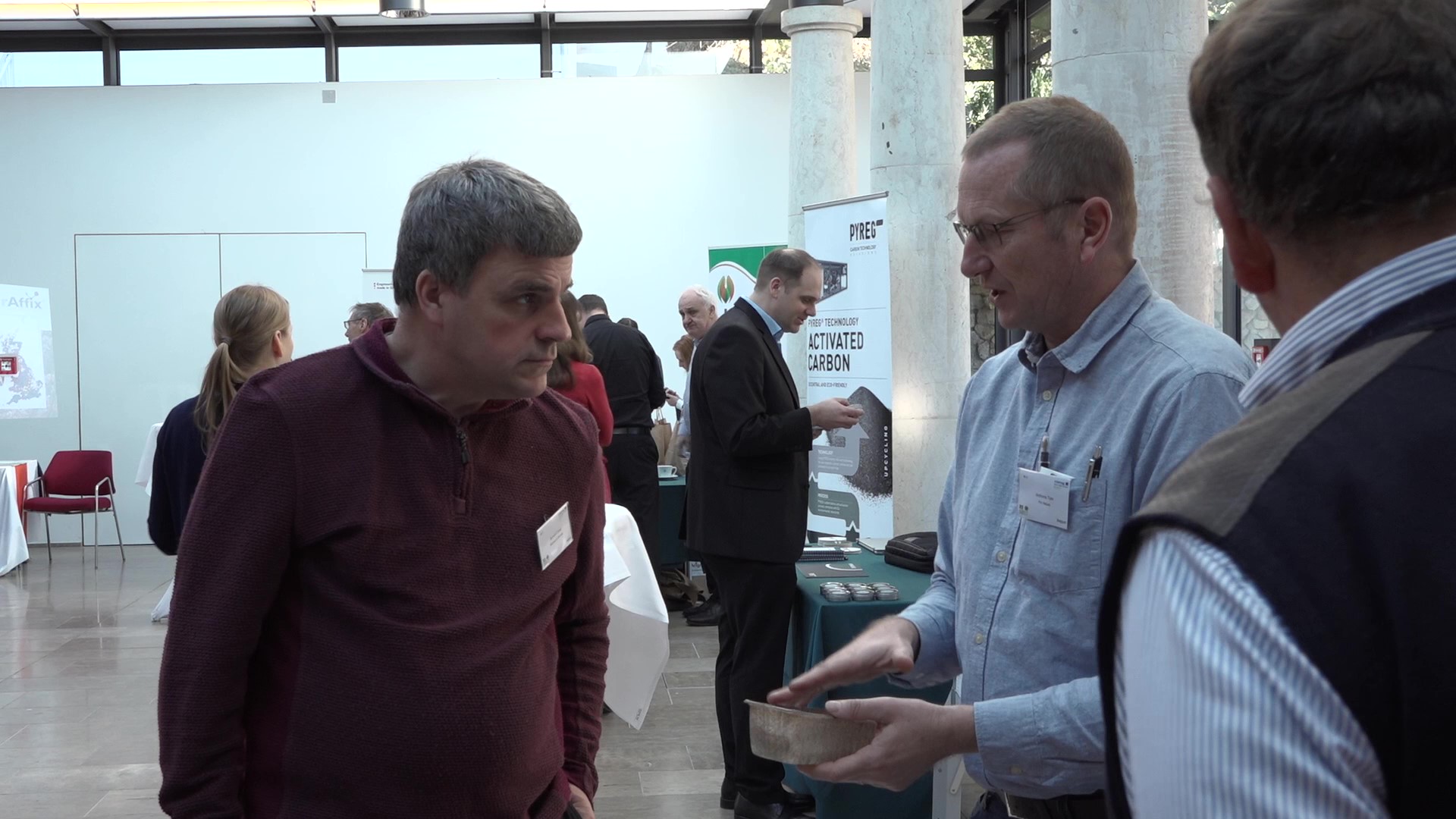
The ERASMUS+ transversal priority of sustainability focuses on raising awareness among Erasmus+ participants on the issues of sustainability, climate change and environmental protection and on societal change and inclusion.
The promotion of competencies that are important for living in a sustainable and resource-efficient society and economy, so-called green skills, will be addressed by promoting cooperation projects on green topics whilst the “inclusion” priority addresses projects related to societal change and Corporate Social Responsibility Hence the theme of sustainability in the Erasmus+ Programme is based on two dimensions:
- the environmental footprint of the programme
- the contribution of the programme to societal change towards a sustainable world
The three projects Time 4 Society (T4S), Time 4 Sustainable Development (T4SD) and CIM (Creativity and Innovation Managment) worked on the theme of sustainability and innovation in the difficult pandemic situation. Thus, we were forced to deliver our learning and development approaches mainly in digital formats – which was a challenge and an opportunity at the same time.
Hence we developed an innovative blended learning approach to implement sustainability in a participatory approach in European organisations and businesses.
It is, in its first phase based on the SDG Explorer App which is self-learning tool for interested and committed staff members. As second step, an internal facilitation programme including a design- based collaboration phase is provided for interested (educational) organisations and businesses.
Concrete outputs of the programme are concrete implementation projects (prototypes) in the organisations which attract both management and staff members to participate. With this, the sustainability potential grows, both to be implemented in management scheme and as important innovation factor in the organisations and businesses.
Within the projects 4 prototypes for the concrete implantation of sustainable management have been developed and will be presented and discussed.



